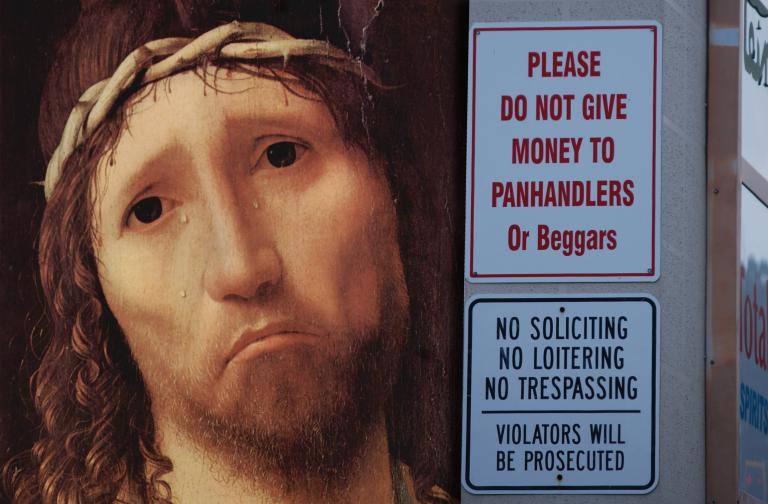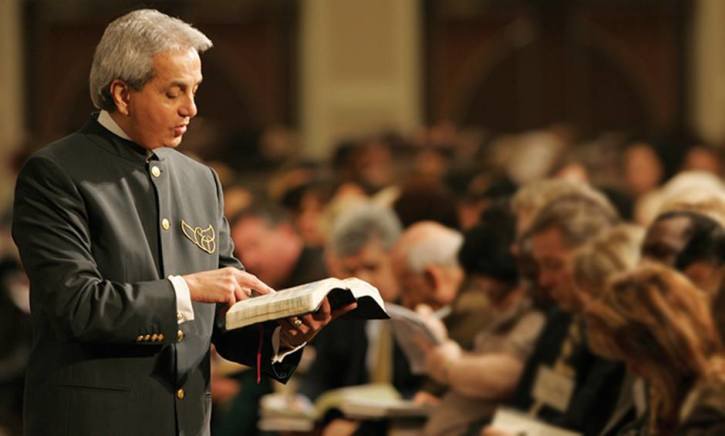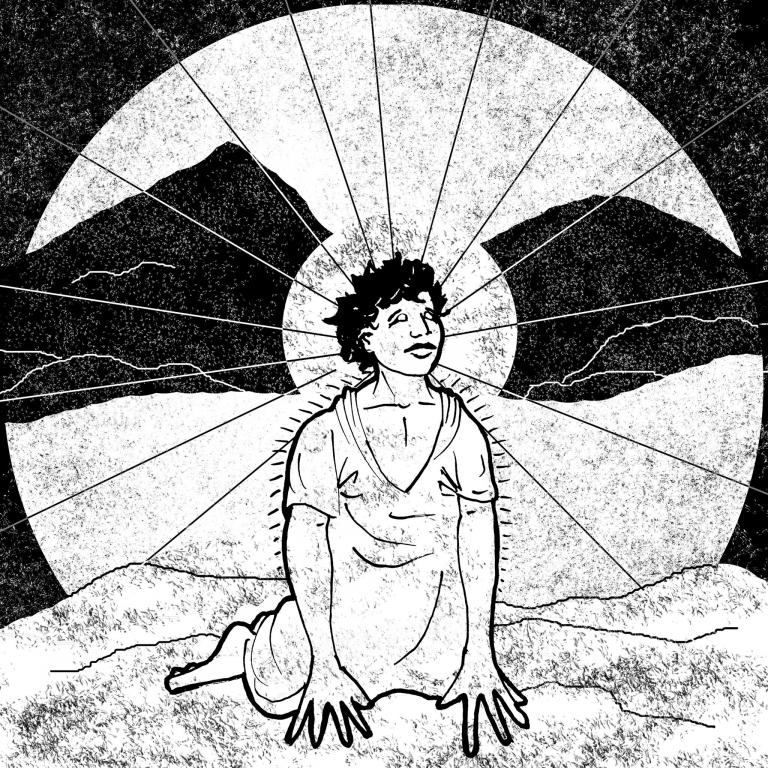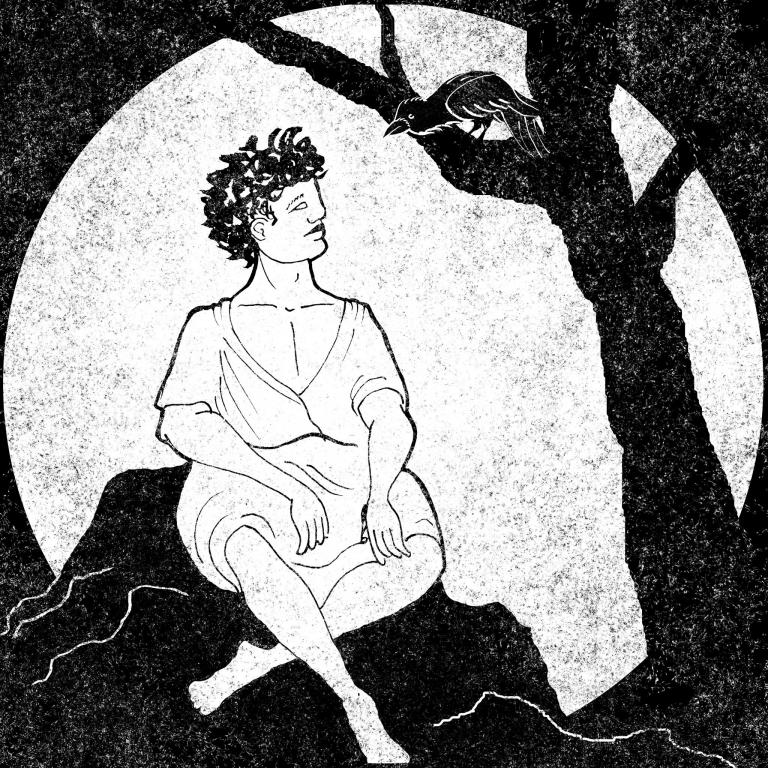
Often, when talking to someone about the radical implications of the way of Jesus, my conversation partner will say something to the effect of “Jesus said ‘Love thy neighbor’ but he also was very careful not to break the law.” In other words: “Yes, I’d love to show hospitality to an undocumented person, but they are here illegally” or “Yes, I’d love to protest at the bank the same way Jesus cleansed the temple, but it is against the law.”
But was Jesus really law abiding?
Let’s say Jesus did indeed observe all of the teachings of the Law and the Prophets. I don’t believe he did, but we’ll get to that later. Nevertheless, Jesus broke other sorts of laws. Jesus’ action in the Temple was almost certainly a violation of civil law. For Jesus to be crucified, he had to be arrested and convicted of something. We may quibble over the justice of his sentencing, but the conviction held up in the highest court available to Jesus. The arrest and crucifixion of Jesus should, at the very least, tell us that sometimes the courts condemn righteous people.
So then, to argue that Jesus didn’t violate Torah isn’t to say he wouldn’t break US laws or Minneapolis city ordinances. There are more laws in play during Jesus’ times than the Hebrew Scripture. To say otherwise is like saying that the only federal laws in the US can be found in the constitution.
However, it is clear Jesus also violated what is written in the Law and the Prophets. Jesus broke the Sabbath laws; the Pharisees were pretty much interpreting things in a straight forward manner. In Matthew 12, we read that Jesus was walking through a field with his disciples during the Sabbath. They got hungry and ate the grain. In Luke 6:1 we read that the disciples not only harvested the grain but also began to “rub them in their hands and eat the kernels.” The pharisees saw it and got upset and accused Jesus of breaking the law.
This accusation isn’t at all far fetched. Exodus 16 and 32 gives a precedent for neither harvesting nor preparing food on the Sabbath. The disciples did both.
Jesus also scandalized the pharisees by healing on the Sabbath and asking the healed man to rise up and carry his mat (John 5).
Jeremiah 17:21 states: “Thus says the Lord: For the sake of your lives, take care that you do not bear a burden on the Sabbath day or bring it in by the gates of Jerusalem. And do not carry a burden out of your houses on the Sabbath or do any work, but keep the Sabbath day holy, as I commanded your ancestors.”
We can say Jesus kept the Law and the Prophets and just had an interpretation that varied with the Pharisees. But it seems that Jesus isn’t just interpreting them differently. He is violating the letter of the law in order to honor the spirit of the law. Rather than arguing that Jesus was law-abiding, we should recognize that Jesus was willing to break the law for the sake of mercy, love, and justice.
It is entirely possible for Jesus to honor the Law and the Prophets and recognize that strict adherence to the letter of the law is a mistake. That is, in essence Jesus’ argument with those who accused him of breaking sabbath laws. He didn’t say “you’ve misinterpreted the law, Pharisees!” Instead, he basically said “You misunderstand the function of the law.”
For Jesus, the Law of Love trumps the particulars of the Law and the Prophets.
Ultimately, Jesus was crucified in an entirely legal fashion. He was crucified for his strict adherence to the Law of Love–putting the love of God and neighbor above all else. Why then, do we allow our own laws to constrain our ability to love? Is this the witness of Jesus? Of John and James? Of Paul? What of Dr. King or Fannie Lou Hamer? Or of Black Lives Matter or No More Deaths?
If a law prevents you from loving your neighbor, then to hell with that law. Trespass into places of injustice. Feed people in public. Dismantle instruments of oppression. Show hospitality to the undocumented.
Love the Lord your God and your neighbor as yourself; on these two commands hang all the law and the prophets. And by these two commands you are freed to commit humble and glorious acts of civil disobedience.
This is adapted from a piece I originally wrote on August 1, 2013.















